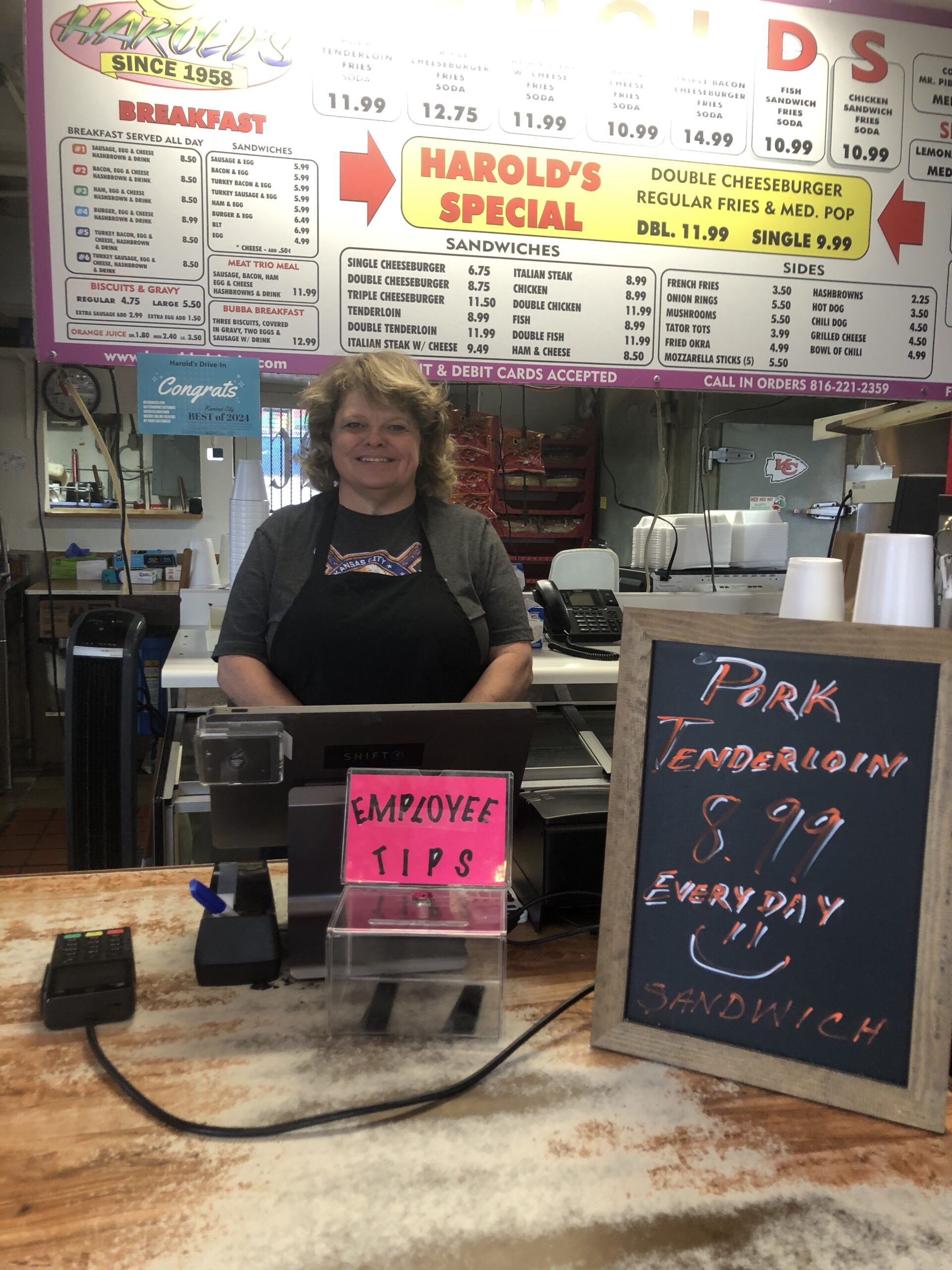Paul Thompson
Northeast News
Renowned aviation lawyer Robert Cohn sat before the Kansas City, Missouri City Council last week and warned about the steep repercussions of diverting airport revenue to pet projects around the city. That warning didn’t stop Council members, however, from openly wondering how the city can circumvent those rules.
At risk is the City’s Community Benefits Agreement (CBA) with Edgemoor Infrastructure & Real Estate, the firm tabbed to construct the more than billion-dollar single terminal airport project. The hotly-negotiated CBA was a major sticking point for the City Council before the single terminal project was approved; Council members pushed Edgemoor to improve the plan, which was originally estimated at an overall value of about $10 million. Eventually, that estimated value was increased to $28.85 million – and included $1.5 million in cash and in-kind contributions for housing needs and other projects in the Northland, $2 million for Northland infrastructure in and around the airport, and outlays for the City’s Shared Success Fund and Love Thy Neighbor program.
More recently, however, the Federal Aviation Administration (FAA) ruled that those parts of the CBA were improper because they diverted revenue to projects unaffiliated with the airport. The possibility had long been looming over the project, as Edgemoor had warned that any agreement would need to be approved by the FAA.
That warning led 5th District Councilman Lee Barnes to suggest in December of 2017 that the City Council should simply mandate that Edgemoor fund the CBA through its own coffers, and not through airport revenue.
“I simply say, we just need Edgemoor to write checks to these funds. If those things are done prior to us having an airport agreement, I don’t think the FAA would have any concern,” Barnes said. “So I don’t think there’s much concern about how we do these community benefits, unless we’re trying to use airport revenues to get that done.”
Councilman Quinton Lucas expressed similar concerns during a crucial January 30 meeting about the airport, as he asked the City’s outside counsel about the threshold to alter or remove Community Benefit Agreement obligations at the behest of the FAA. Specifically, he wondered: could the City give up elements of the CBA based simply upon a letter from the FAA stating that they don’t like the arrangement, or would it take more than that? To that question, outside counsel Charles Renner suggested that continued negotiations would likely ensue.
“If there are concerns raised on a particular aspect or approach, our intent is then to engage on the best way to accomplish the goals,” Renner said.
Now that the non-airport programs have been nixed by the FAA, the City has been left scrambling for a way to keep its promises to a tax base that’s been sold on a robust CBA through the single terminal project. Cohn joined the Council at the Thursday, September 27 business session, during which he warned that the Aviation Department will almost certainly be audited at the conclusion of the single terminal project.
Every penny of airport revenue, Cohn warned, must be spent on the property.
“That’s called the revenue use requirement,” Cohn said.
Additionally, Cohn noted, all funds that are expended by the developer on the project likewise must be “directly and substantially related to the terminal modernization project at the airport.” Cohn detailed what’s at risk if the City forges ahead on any plan to divert revenue to projects outside of the airport grounds. Those penalties could include repaying all diverted money back to the airport going back six years; civil penalties up to three times the amount of the diverted revenue; and potentially losing the ability to apply for FAA grants.
“The FAA is not fond of Community Benefit Agreements at all,” Cohn added.
First District Councilman Scott Wagner began questioning Cohn and City Attorney Galen Beaufort about ways around the FAA ruling, implying that there are alternate methods to finance the portions of the CBA package that aren’t directly related to the airport property. Wagner suggested that management fees and third-party conduits could be potential avenues of receiving those dollars, though he also asked the lawyers to assess the level of risk involved with employing those methods.
“I would says it’s a high likelihood that they’ll be audited after this project,” Cohn responded.
The tone of the conversation rankled Barnes, who once again suggested that Edgemoor simply place money into an escrow fund to honor its commitments in the Community Benefits Agreement.
“It’s almost that simple to me, but maybe there’s something I don’t know,” Barnes said.
According to Beaufort, that exact plan had been proposed to the FAA, but it was rejected. Still, Beaufort and Cohn carefully acknowledged that there remain ways to fulfill the promises of the CBA, so long as the City doesn’t mandate donations in the official agreement.
A hint at the potential workaround was offered by 5th District Councilwoman Alissia Canady, who suggested that Edgemoor’s parent company, Clark Construction, simply make a donation through it’s foundation.
“They still can make a charitable contribution to Kansas City,” Canady said.
At this suggestion, Canady earned a rebuke from Mayor Sly James.
“Don’t say that,” James chastised. “There’s a way to get it done; it’s probably not good to do it on TV.”
Beaufort also replied that the funds could not be donated, even indirectly, through any of the parties connected to the airport project. He did leave the door open for a voluntary donation from some outside entity, however.
After the meeting, 3rd District Councilman Quinton Lucas expressed some concern at the Council’s efforts – both publicly and privately – to circumvent FAA rules in an effort to secure CBA dollars.
“I think the FAA rules have been clear for decades about how you can spend airport revenues,” Lucas said.
Instead of attempting to skirt those rules, Lucas suggested embracing the portions of the CBA that do deal directly with the airport.
“It’s not that we can just drop $10 million and put it at 18th and Vine,” Lucas said. “We have to create opportunities for people.”
Lucas also noted that there’s no guarantee the City will be able to secure the dollars that were initially promised in the CBA.
“I think the real story is that we have probably made our last vote on the Community Benefit Agreement,” Lucas said.


















